Check out the latest in fashion news here…
After hearing PETA’s claims that the crocodile and alligator farms where Hermès sources its exotic skins have inhumane practices, Jane Birkin wants to remove her name from the iconic handbag. [Fashionista]
An exhibition charting Raf Simon’s illustrious 20-year career in menswear (so far) is coming to the 032c Workshop in Berlin. [Dazed Digital]
In a new video for MyTheresa.com, Carine Roitfeld shares the best advice she’s gotten from Tom Ford. [Who What Wear]
Although his departure hasn’t been officially confirmed by either party, WWD says Kering has already begun searching for Alexander Wang’s successor at Balenciaga. [Style.com]
Diane von Furstenberg’s reality show House of DVF is back for a second season on E!. [Pret-a-Reporter]
Photo Credit: Jun Sato/WireImage



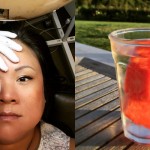
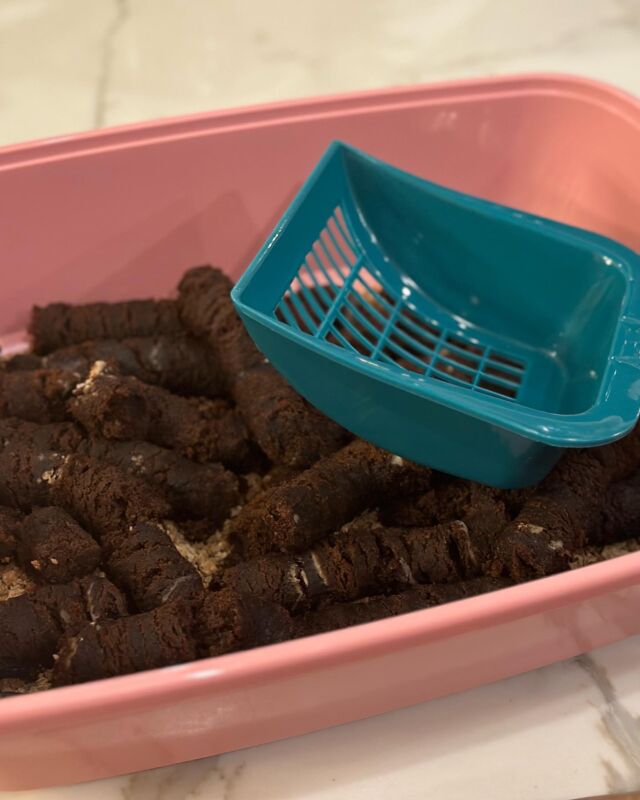


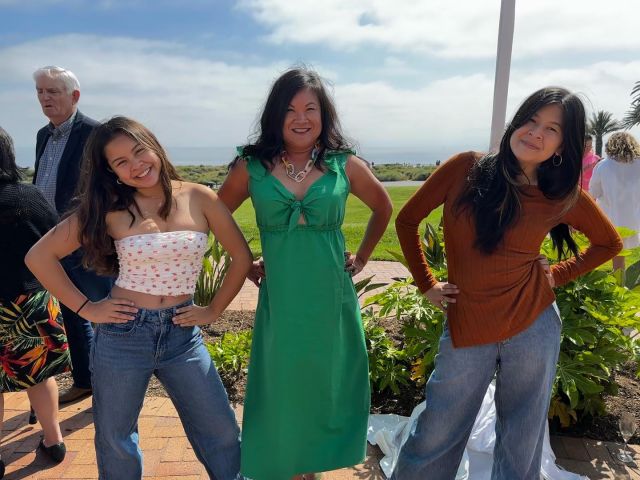
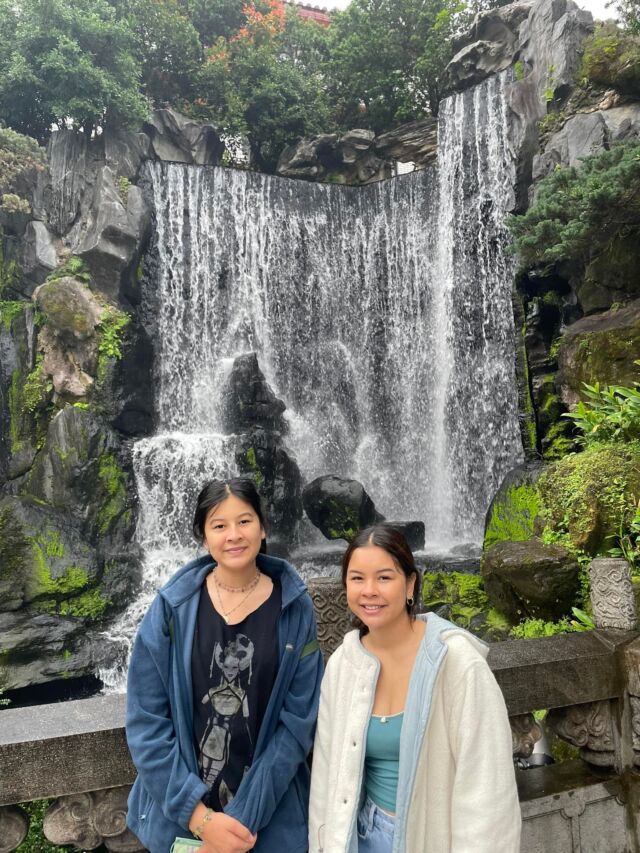
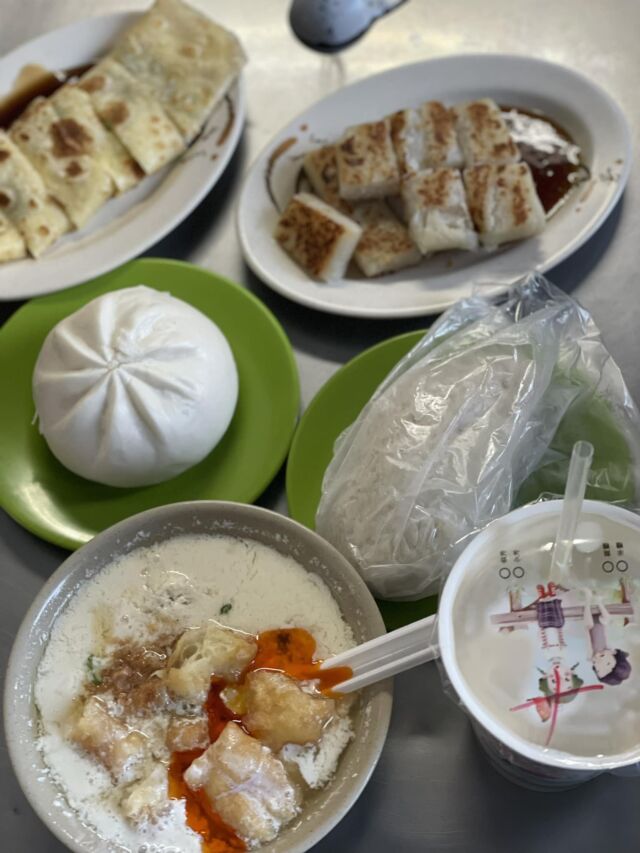
While I admire Jane Birkin’s humanity and compassion, I do feel every few years she finds a new complaint about the Birkin. Few years ago she stated that she disguises her Birkin with stickers, and it was too heavy and gave her pain. Being a part of the family that’s been so intertwined with fashion (and capitalized on it), it is strange that this is the first time Birkin actually thought about croc and alligator bag production. The literature has been out there for years. Perhaps she doesn’t like that the Birkin has become so mainstream now.
You need to distinguish between Niloticus crocodile and its American cousin, the Louisiana Alligator. Niloticus crocodile comes from Africa where the animal husbandry is not at the same level as it is in the US.
The alligator population in the US has grown enormously over the years and is abundant and is considered as of “Least Concern” by the International Union for Conservation of Nature. US alligator farms are subject to international accords such as CITES and REACH as well as strictly enforced domestic legislation and thus the claims made by PETA simply do not apply.
In our company, Bianca Mosca, we work solely with American alligator and ensure that all of our supplies are ethically sourced from farms using humane methods.